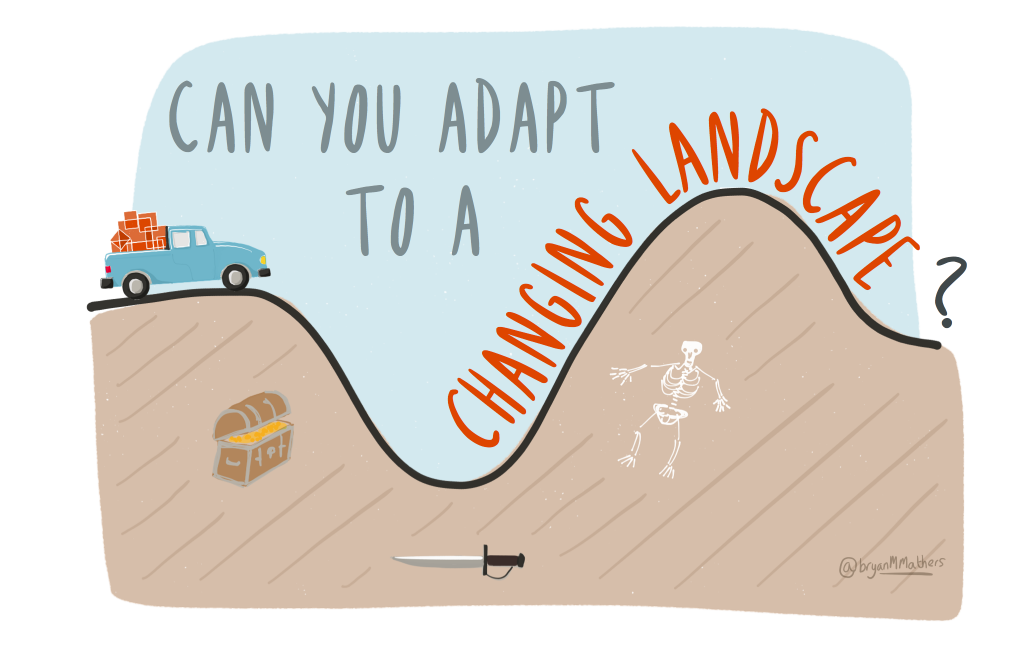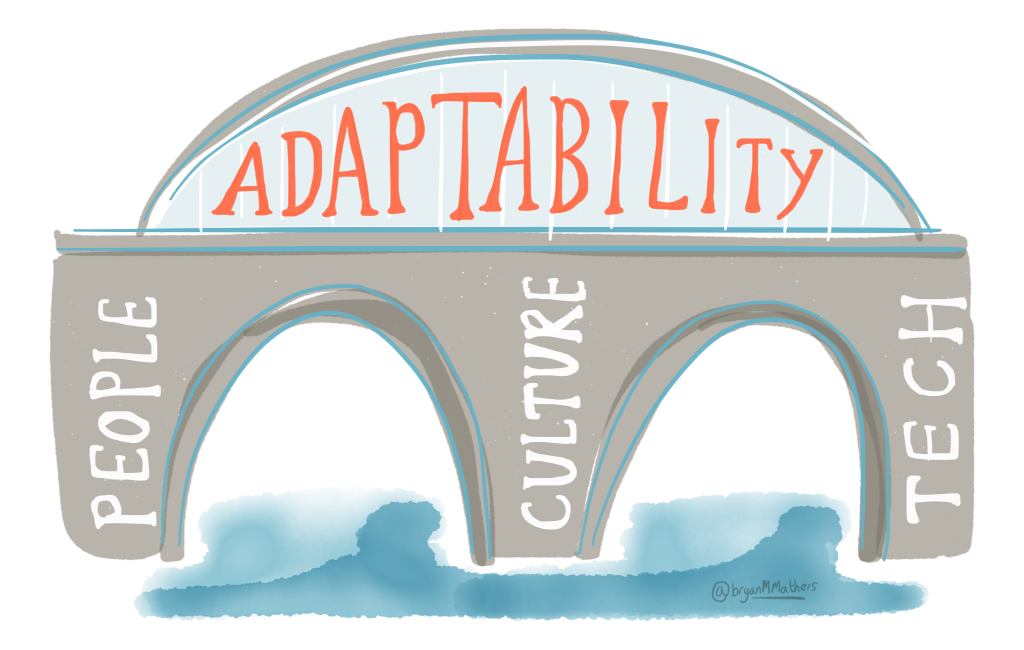The Increasing Significance of Technology in Further Education [FE Week]
The latest issue of FE Week features a supplement from City & Guilds. I’m currently spending pretty much all my time consulting with them at the moment, so I was delighted to be asked to collaborate with Bryan Mathers on this article as well as another (which I’ll post tomorrow).

It goes without saying that this is a time of unprecedented change in Further Education. This is perhaps most evident in changes around funding but, in addition, an increasing drive towards data-informed decision making means the whole landscape is changing. At times such as these, it’s easy to feel powerless and it’s tempting to fall back on what we know – the tried and tested. However, as Darwin pointed out:
“It is not the strongest of the species that survives, nor the most intelligent that survives. It is the one that is the most adaptable to change.” (Charles Darwin)
Change is part of life. Sometimes it happens quickly, sometimes slowly. On some occasions it’s imposed, and at other times it happens organically. However change happens, we should be ready for it and use it to our advantage. In other words, depending on our stance towards it, the uncertainty that change provides can be viewed as either a problem or as an opportunity.
Particularly during times of change, technology is often presented as a panacea, a cure-all to the problems we’re facing. For example, there are possibly hundreds of solutions promising to ‘fix’ your issues around:
- student retainment
- efficiency savings
- learner attainment
However, by itself, technology rarely provides a holistic solution or way forward. Rather, it is people and culture that drive change within organisations. Human agency remains key.
Technology is useful. There are certain affordances it provides that can greatly help us. These technologies are often those that we consider commonplace. For example, we (and especially students) take for granted the use of free instant messaging apps such as Snapchat, WhatsApp, and Instagram – or video conferencing tools such as Skype, Google Hangouts, and FaceTime. As the author and educator Clay Shirky states, “communication tools don’t get socially interesting until they get technologically boring.”
We don’t have to jump on the latest shiny technology, trying to retro-fit it into learning and teaching practices. Doing so is rarely beneficial. Instead, we should use increasingly-mature technologies to streamline and/or extend the core mission of educational organisations. One such example of this might be Open Badges. This is a global, interoperable system that allows for the trusted issue, exchange, and display of digital credentials.

There are many FE colleges – particularly in the North-East of England and Scotland – who have begun experimenting with Open Badges. The technology itself includes a built-in audit trail making verification easier, but the crucial difference between those using badges successfully and those not at all is organisational culture and people’s mindsets. Those places set up to embrace change understand that colleagues require at least two things to be successful when integrating any new technology:
1. Space to breathe – can colleagues ‘play’ with technologies without fear of an impact on their workload or professional identity?
2. License to innovate – will colleagues be sanctioned for stepping outside the status quo?
One of the most valuable things that educators can be given is time to reflect on their practice. For example, thinking about ways in which Open Badges can be used in a local context often acts as a ‘trojan horse’ for much wider professional conversations. At City & Guilds we’re using Open Badges as a conversation starter to think about the way we issue qualifications and credentials beyond 2015. All of us are faced with a changing landscape, and we can choose to spot opportunities as well as identify problems.
There’s no doubt that, whether it’s learning analytics, big data, badges, communications technologies, or something else, there will always be technological determinists as well as doom-mongers. Happily, the future is not fixed, it’s wide open. We can choose to adopt a playful, yet professional, stance towards technology – recognising it as a strand of equal weight with culture and people.
Images CC BY-ND Bryan Mathers

One thought on “The Increasing Significance of Technology in Further Education [FE Week]”